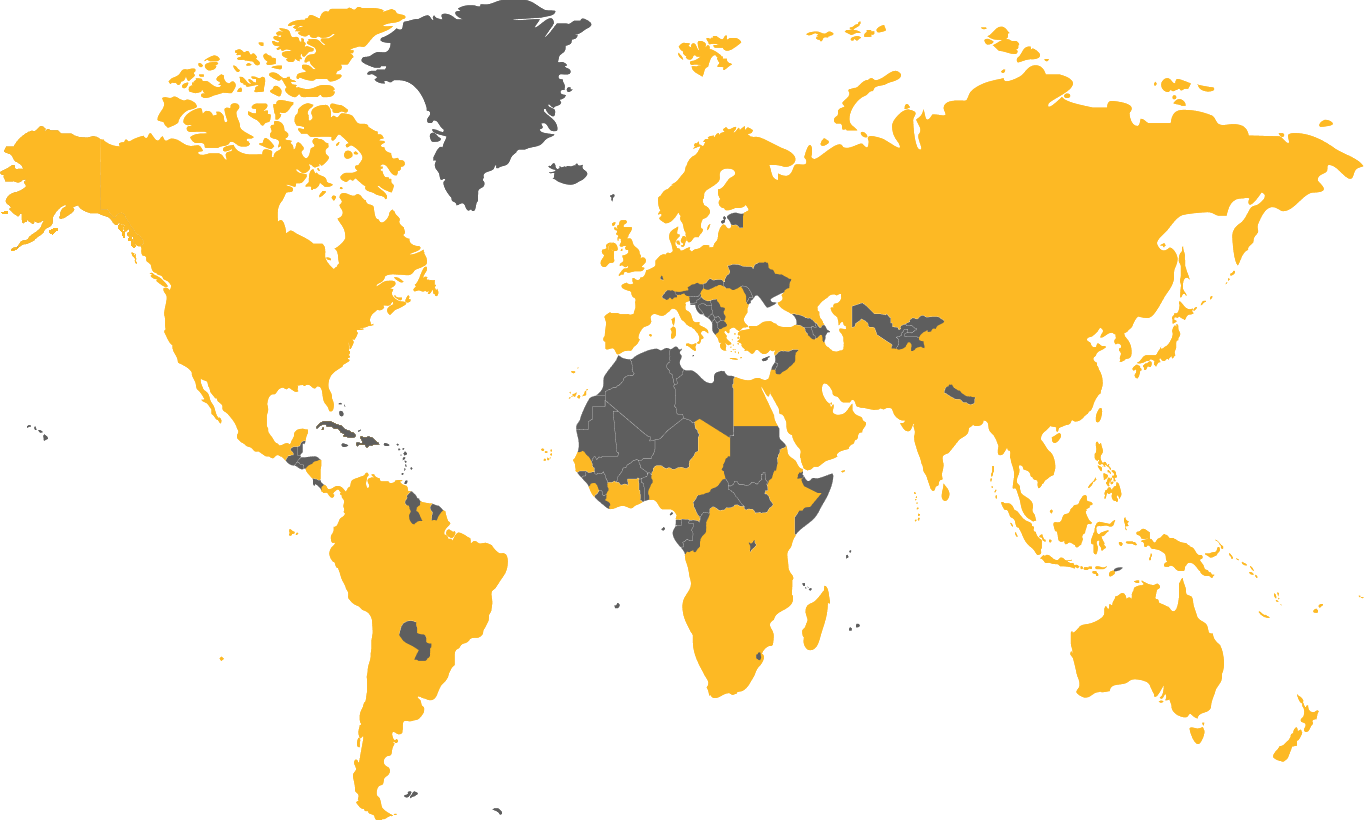We are transitioning from an economy dominated by waste accumulation, to one in which the focus is waste reduction. Until recently, manufactured products had a linear life cycle, whereby they followed a straight line from production, through to consumption and finally waste. These days, we seek materials that assist in creating products that follow a circular path. A product lifecycle where reuse, remanufacture and recycling are the core attributes. In this article we explore some of the ways the HDPE/PE piping is helping industries transition from the previous environmentally harmful economy, to a future where sustainability is firmly front and centre.
Material production for pressure pipe systems
A key step toward sustainability, is the production, transportation and reuse of the material used in pressure pipe systems. There are three distinct types of pipe used in gas/liquid distribution, these include HDPE, PVC and ductile iron. Today, most pipes are produced from HDPE resin, rather than the latter, which includes concrete and iron, previously used for decades. The switch to HDPE-based pipe has had a significantly reduced carbon footprint in comparison, with several benefits listed and explained below.
Energy reduction
The production of HDPE pipes require far less energy than any other material(s) used in pressure pipe systems. Due to their light weight, they also use less energy to transport from production to storage and site. To put this in perspective, a truck with a maximum load of 42,500kg (93,697 Ibs), is restricted to a load of just 20m (66 ft) of RCP pipe, but can carry 100m (328 ft) of corrugated HDPE pipe. Less energy to produce and transport is a big win for all stakeholders, including suppliers, fusion operators and customers.
Durability
The molecular make up of HDPE makes it extremely resistant to corrosion, resulting in pipe that has an extremely low failure rate. Studies have shown that buried HDPE pipe systems last over 100 years. The durability is also a result of the materials incredible flexibility and strength, where the piping is stronger at the join than the original segments themselves. It’s no wonder more customers are choosing HDPE for their systems, with far reduced leakages and risk of acidification and/or eutrophication. Combined with the fact that these systems don’t need replacing or repair for decades on decades.
Recyclability
Sustainability cannot occur without recyclability. The product life cycle only comes full circle when the material(s) are repurposed for another use. Unlike ductile iron or PVC, HDPE is a readily recyclable material. Often times the recycled pipe is used to produce more of the same pipe. However, if the quality of the poly falls below the required level, it is still used to make products like wheel stops and speed humps. This means large quantities of ‘HDPE plastic polymers’ are being reused in the economy to great effect.
Toxicity
When dealing with any materials placed in the ground or used in the supply of water etc., we must assess toxicity. Perhaps the most incredible environmental improvement is apparent when comparing HDPE-based piping to PVC. PVC uses a variety of highly toxic chemicals in its production and is known as the most environmentally damaging of all plastics. Production of PVC uses chemical reactions which produces several waste by-products that pollutes our environment. By reducing the amount of PVC in the economy in favour of HDPE, we’re removing the concentration of damaging materials entering our waterways and food chains.
Worldpoly is committed to ensuring operators are equipped with machinery, training and expert support that ensures safe and high-quality pipe systems. Please contact us if you need more information about our equipment and services.







